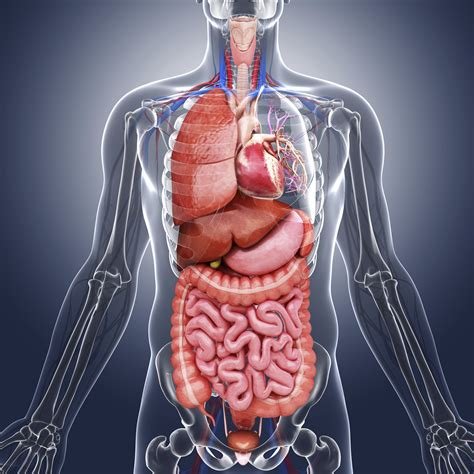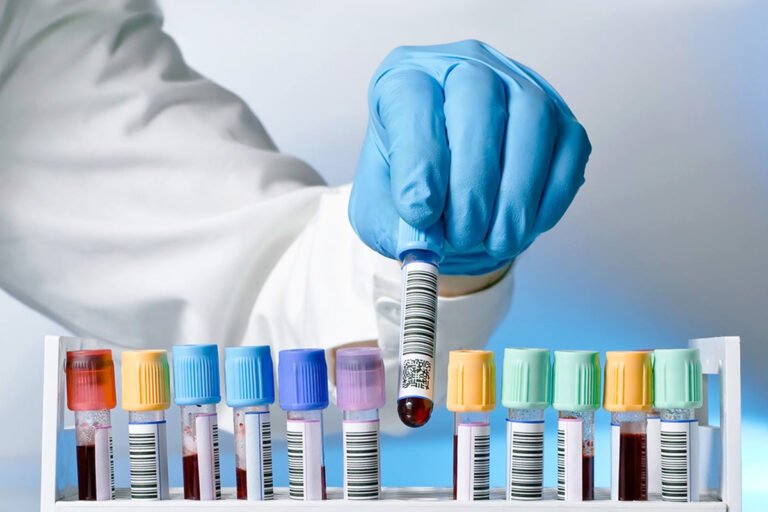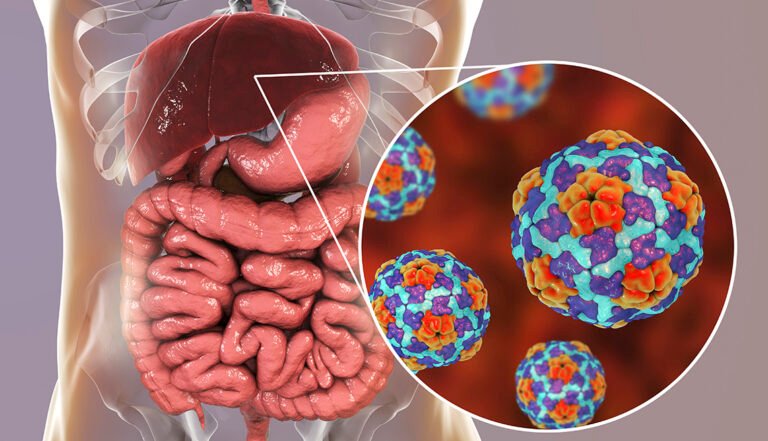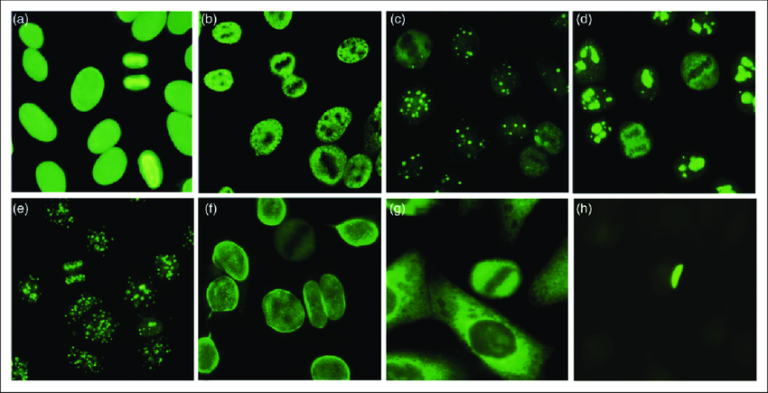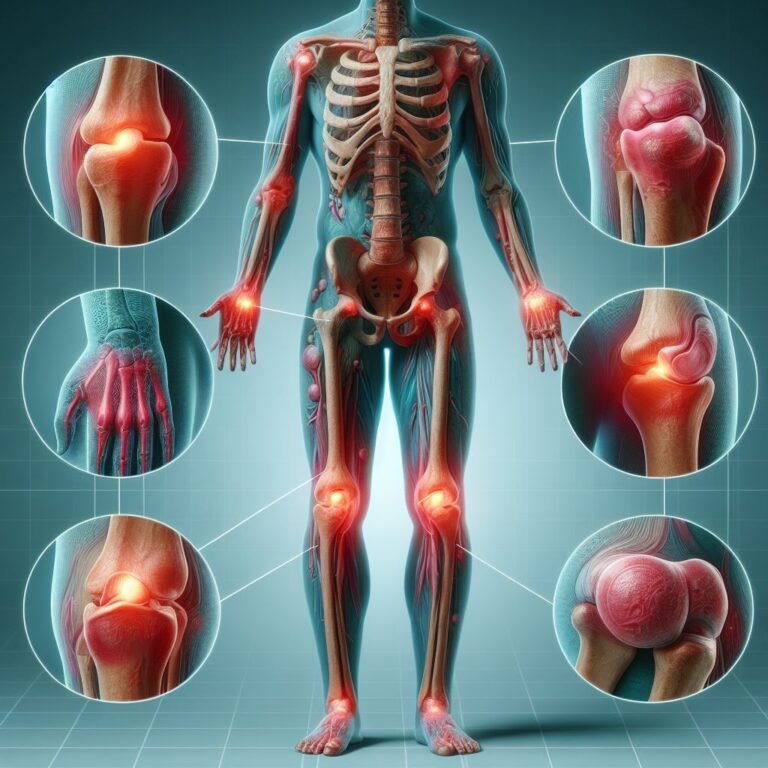Navigating the Depths of Gastroenterology: Unravelling the Wonders of the Digestive System
Introduction:
Gastroenterology is a medical specialty that focuses on the health and diseases of the digestive system, encompassing organs such as the stomach, intestines, liver, and pancreas. This intricate system is pivotal in our overall well-being, influencing digestion, nutrient absorption, and waste elimination. In this blog post, we’ll delve into the fascinating world of gastroenterology, exploring key aspects of the digestive system and common gastrointestinal issues.
Understanding the Digestive System:
The digestive system is a marvel of complexity, designed to break down food into essential nutrients that our bodies can absorb and utilize. It comprises several organs, each with a unique function. The journey begins in the mouth, where mechanical and chemical digestion begins. As food travels through the esophagus, it enters the stomach, where gastric juices further break it down.
Moving down the gastrointestinal tract, the small intestine takes center stage in nutrient absorption. The liver and pancreas contribute digestive enzymes and bile to aid this process. The final stretch occurs in the large intestine, where water is absorbed, and waste is formed into faces for elimination.
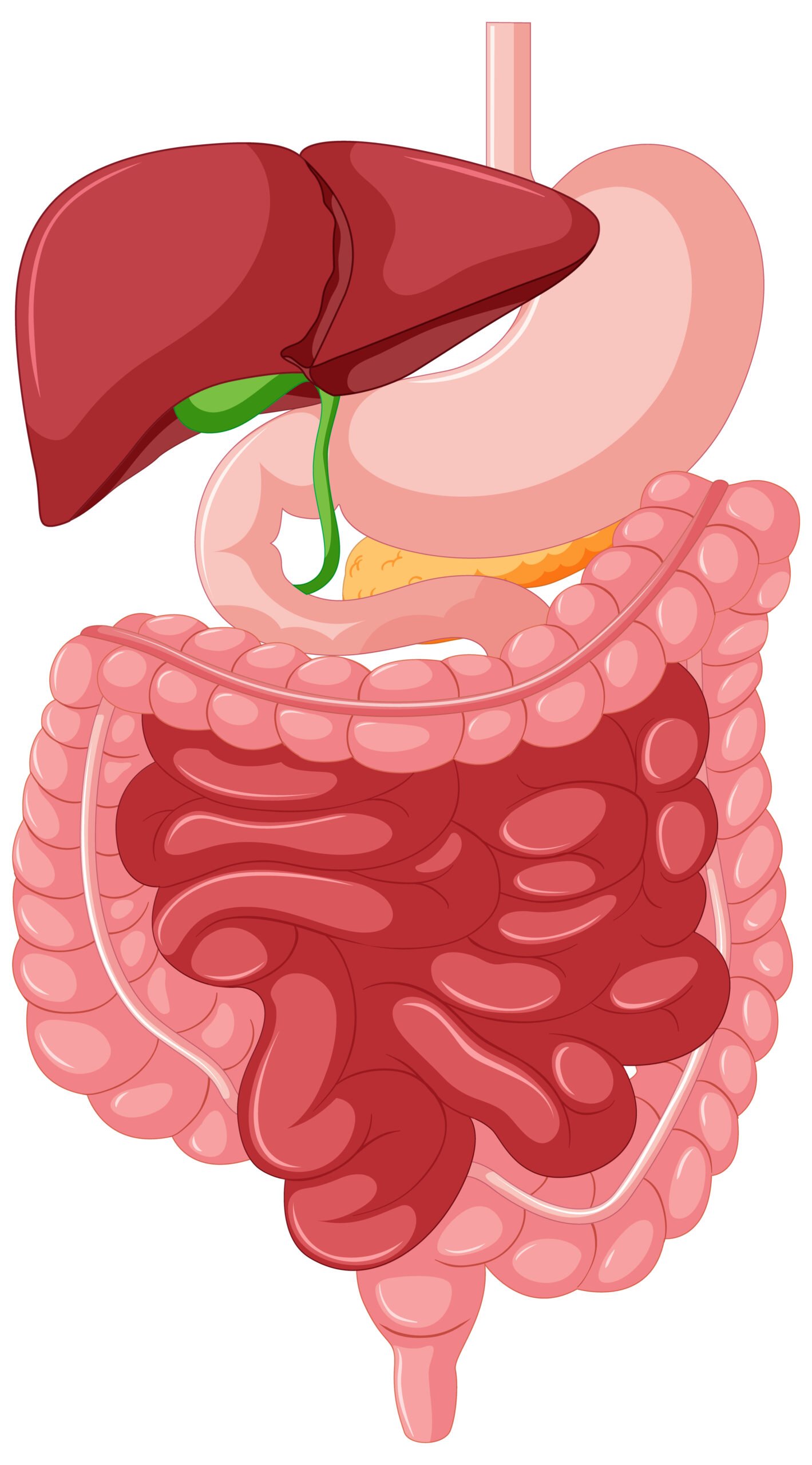
Common Gastrointestinal Conditions:
Gastroesophageal Reflux Disease (GERD):
GERD is a chronic condition where stomach acid frequently flows back into the esophagus, irritating. Symptoms include heartburn, regurgitation, and chest pain.
Inflammatory Bowel Disease (IBD):
IBD comprises conditions like Crohn’s disease and ulcerative colitis, characterized by chronic inflammation of the digestive tract. Symptoms may include abdominal pain, diarrhea, and weight loss.
Irritable Bowel Syndrome (IBS):
IBS is a functional gastrointestinal disorder with symptoms such as abdominal pain, bloating, and changes in bowel habits. It doesn’t cause inflammation but can significantly impact quality of life.
Liver Disease:
Conditions like hepatitis, cirrhosis, and fatty liver disease can affect the liver, impairing its vital functions. Early diagnosis and management are crucial for preventing complications.
Advancements in Gastroenterological Techniques:
Modern gastroenterology incorporates advanced diagnostic and treatment methods, such as:
Endoscopy: A procedure using a flexible tube with a light and camera to examine the digestive tract.
Colonoscopy: Examines the colon for abnormalities and helps in the early detection of colorectal cancer.
Capsule Endoscopy: Involves swallowing a small camera in a capsule to capture images of the small intestine.
Conclusion:
Gastroenterology is a dynamic field that plays a pivotal role in maintaining our overall health. Understanding the complexities of the digestive system and being aware of common gastrointestinal conditions empowers individuals to prioritize their digestive well-being. Regular check-ups, a balanced diet, and a healthy lifestyle contribute to a thriving digestive system, ensuring optimal functioning and longevity.

